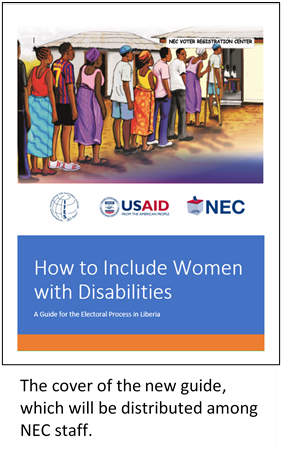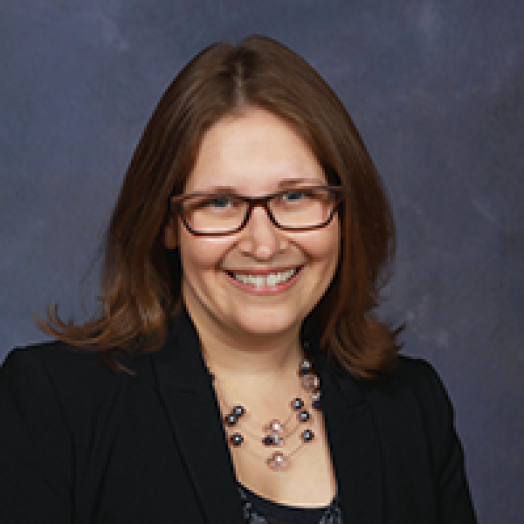New Guide for Including Women with Disabilities in Liberia’s Elections
Women with disabilities encounter multiple barriers and discrimination as a result of their gender and because they have a disability. Women with disabilities may be further marginalized from the political process; they are less likely to be educated than others and less likely to have access to decision-making authorities. To address these barriers, distinct strategies are critical for ensuring that women with disabilities have the opportunity to participate in political life on an equal basis as others.
In July, the International Foundation for Electoral Systems (IFES) and the National Elections Commission of Liberia (NEC) Gender Section, with the support of the United States Agency for International Development (USAID) produced a new guide to support the integration of women with disabilities at the NEC and in its programming. “How to Include Women with Disabilities: A Guide for the Electoral Process in Liberia” includes good practice examples from the NEC Gender Section’s work to empower women and persons with disabilities to participate fully. Strategies for engaging women with disabilities throughout the electoral cycle include ideas for inclusive strategic planning, voter registration, voter education, and other parts of the electoral process.
This effort builds on ongoing collaboration between IFES and the NEC Gender Section in December 2016, February 2017, and July 2017 to increase inclusion of persons with disabilities.











